These quotes are all from Davison Budhoo’s 1988 public resignation letter from the IMF, “Enough is Enough”, which is around 100 pages long. He goes into detail on the institutional fraud in the IMF taking examples from around that time. It’s available on archive.org here and ProleWiki’s library here.
Unfortunately, I’m not very well-read on the topic (yet) so I don’t have much else I can point you to. I do know this site focuses on this topic: Committee for the Abolition of Illegitimate Debt. They have some articles like this: “The International Monetary Fund (IMF): an ABC.”. And I haven’t read these books yet, but they’re on my list to check out: “50 years is enough : the case against the World Bank and the International Monetary Fund” and The World Bank : a critical primer.


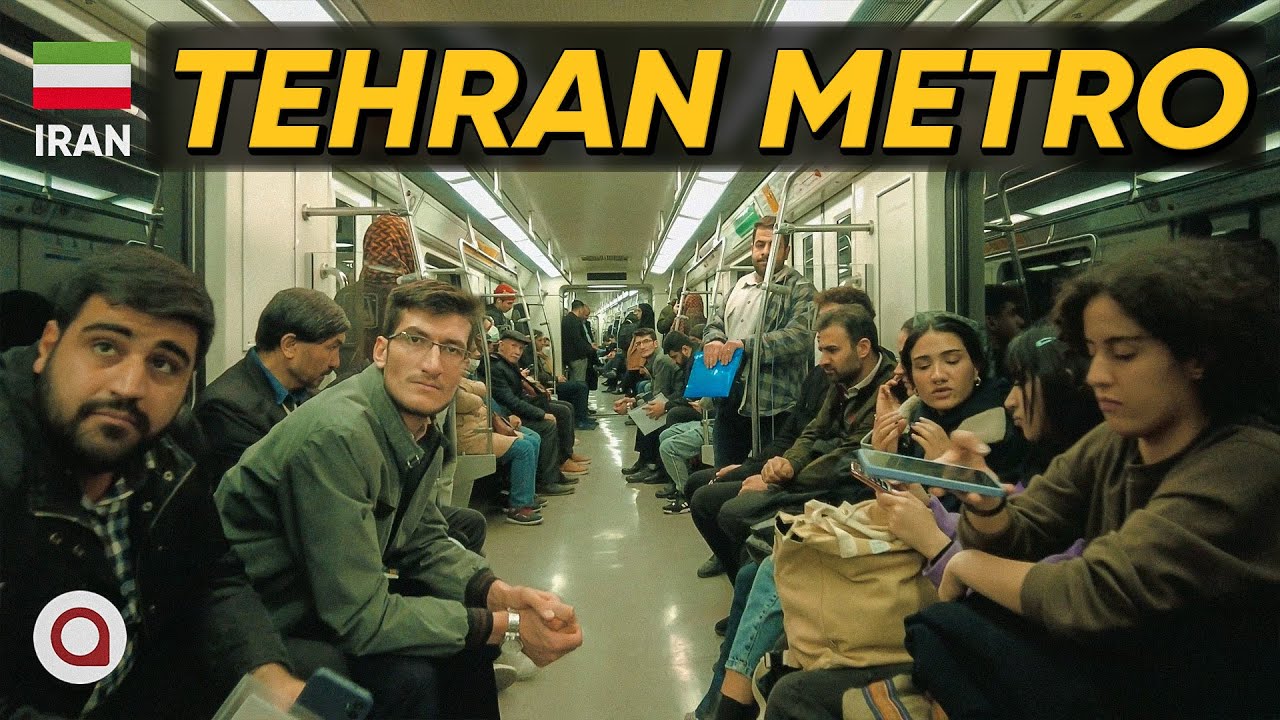


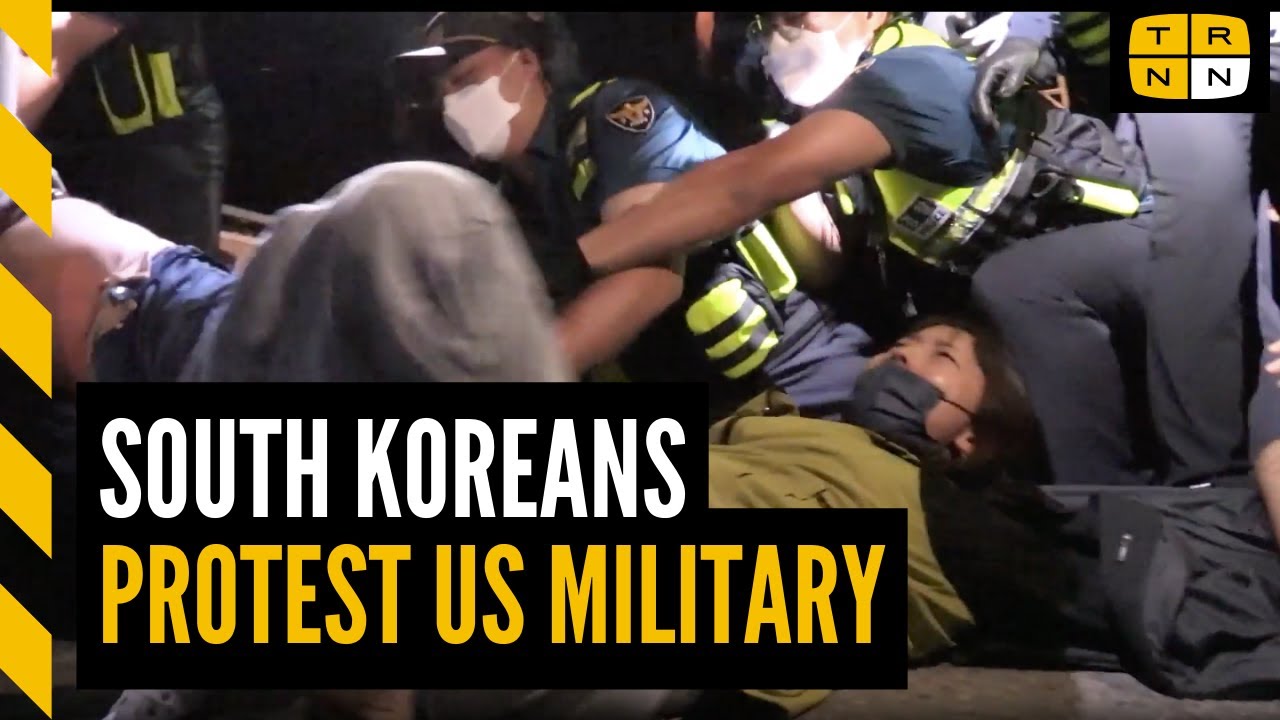


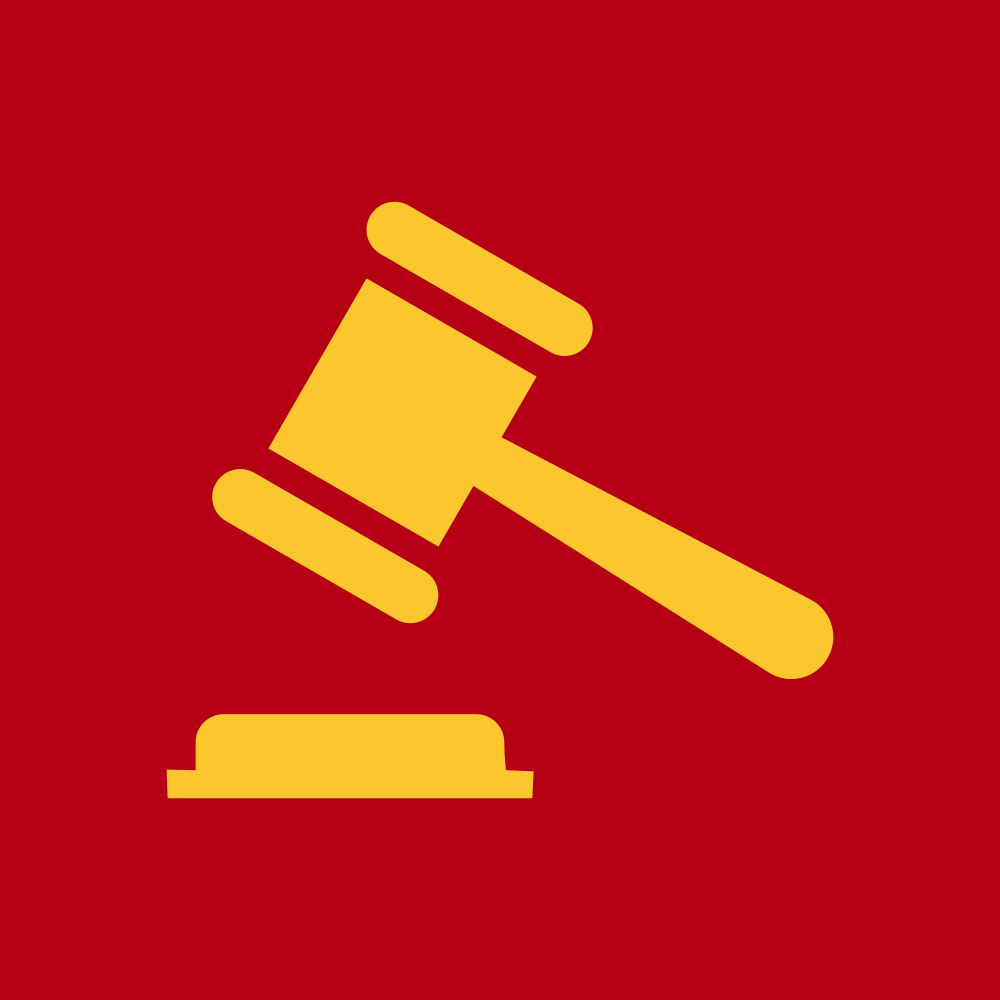





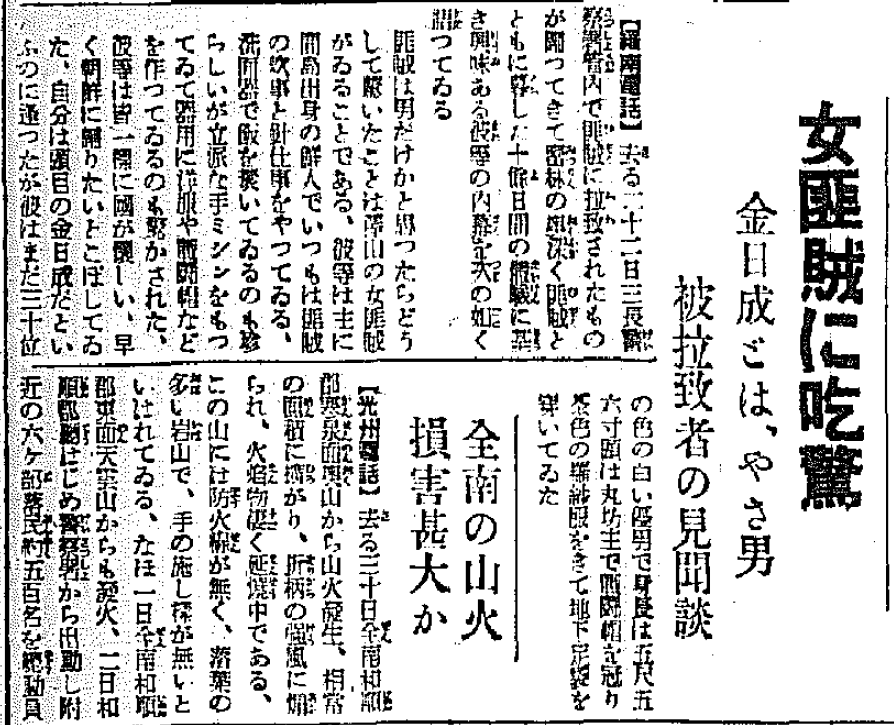

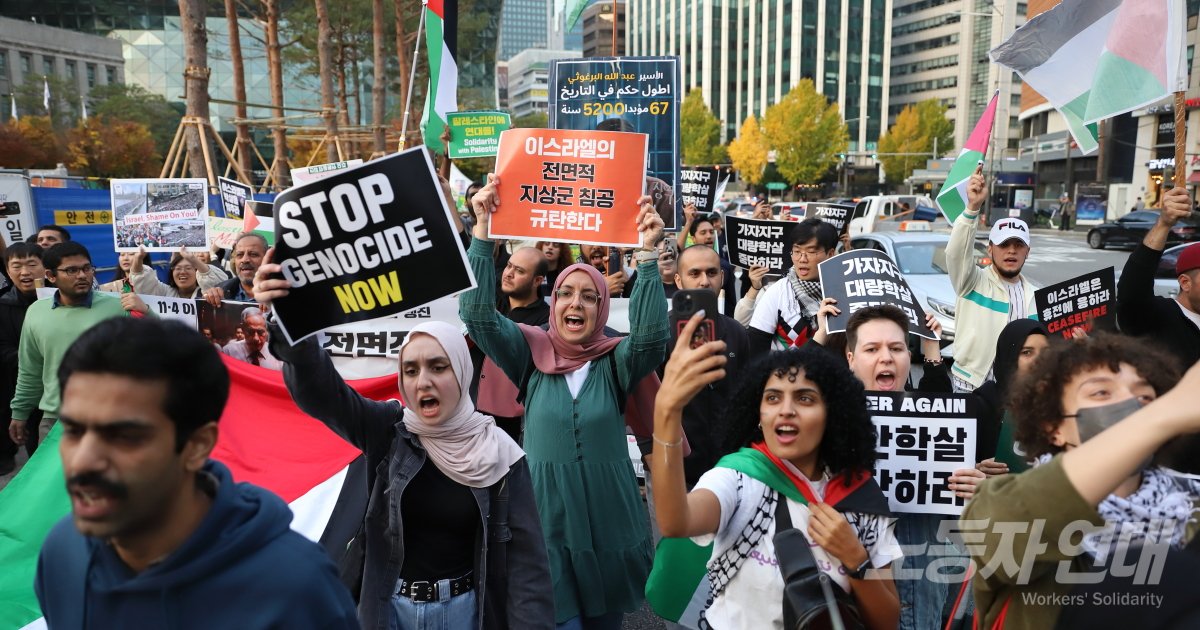

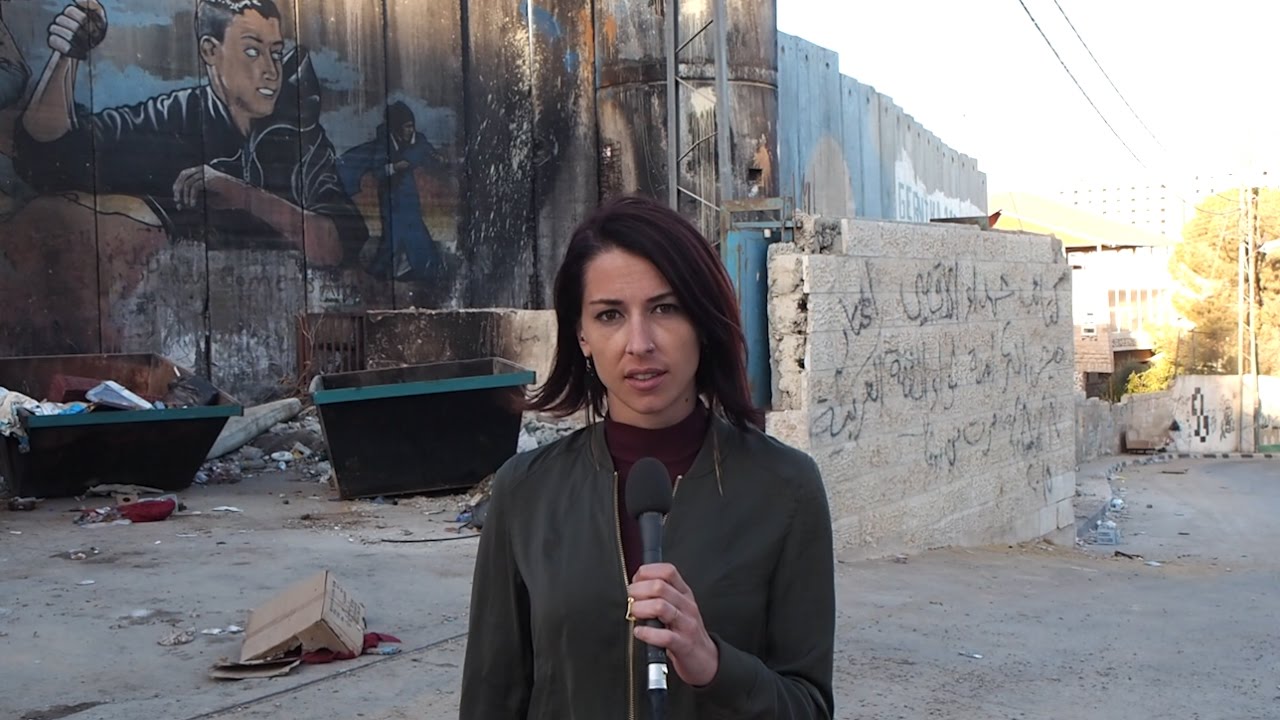

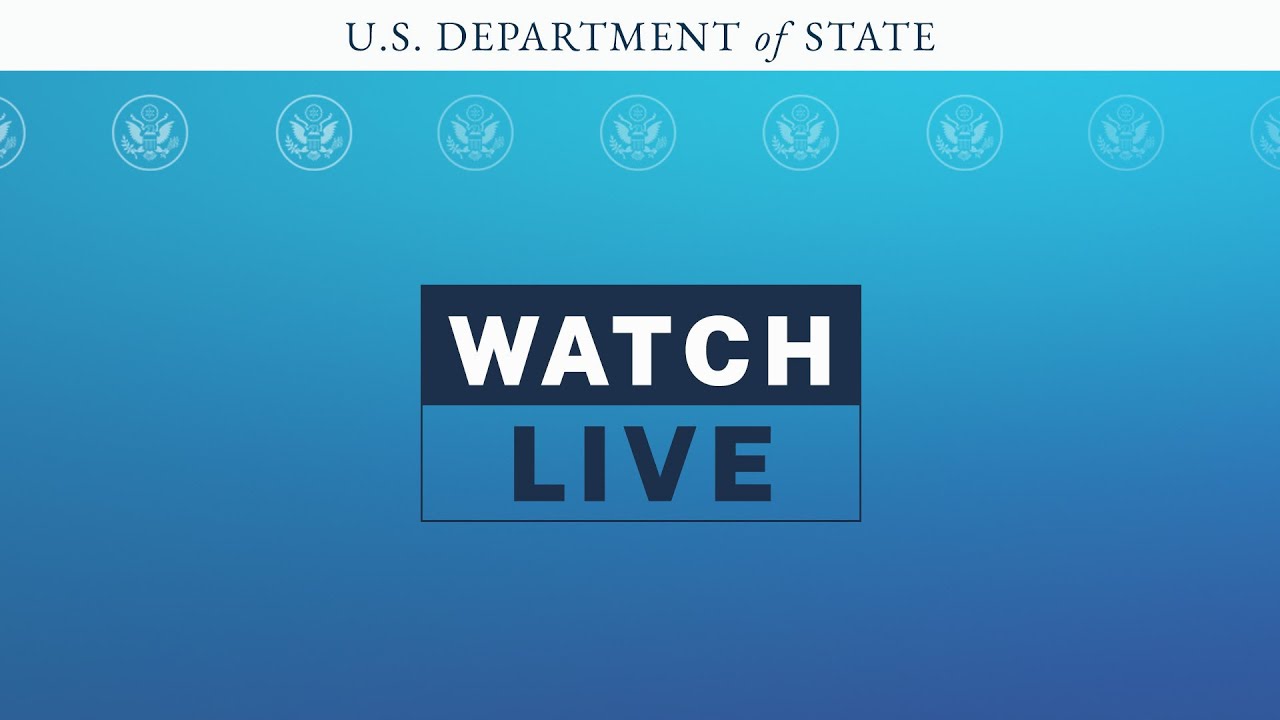

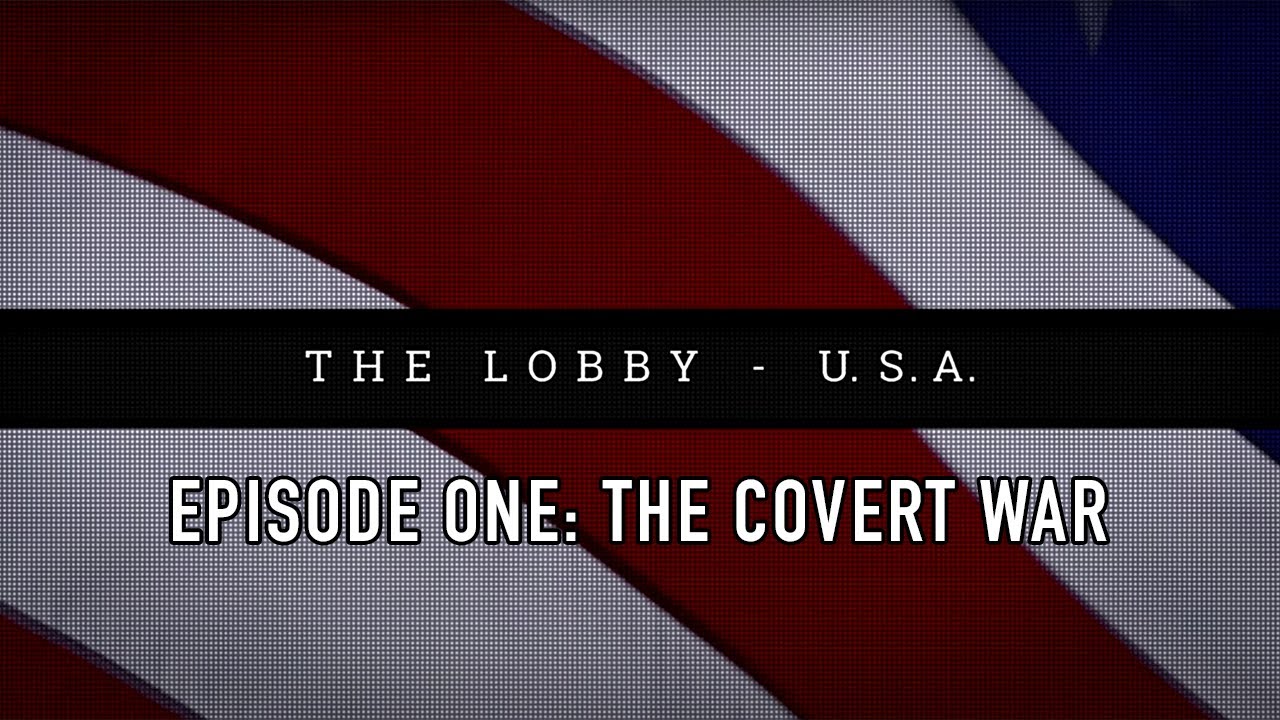

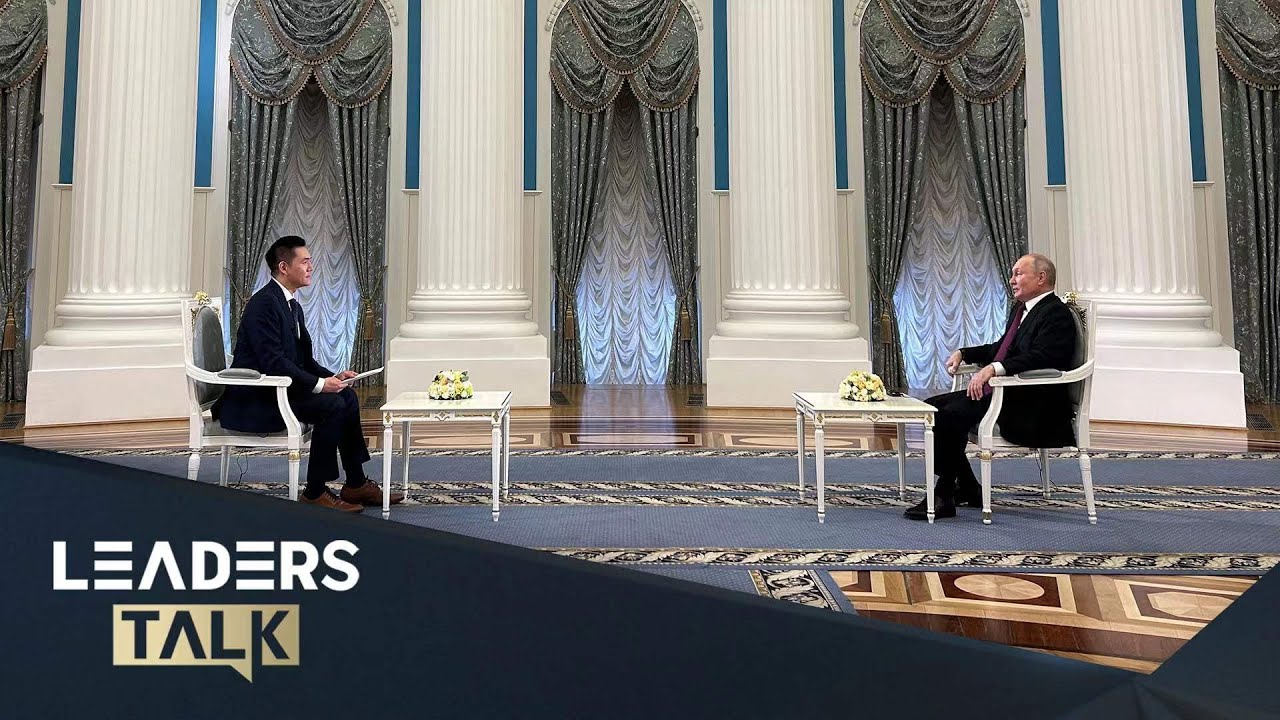



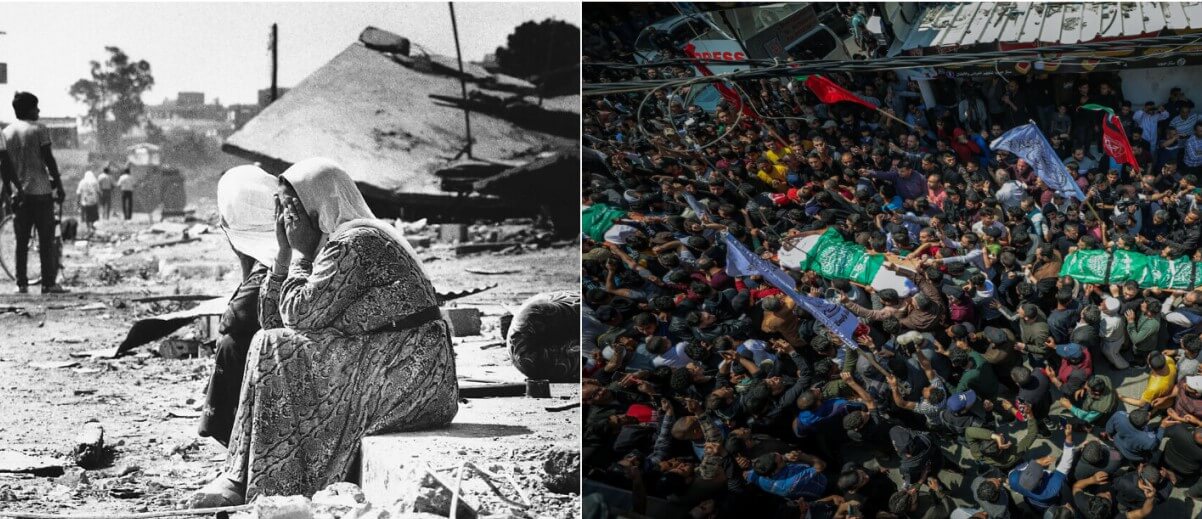
https://archive.org/details/my-life-and-faith-eng/
He also writes about his childhood and radicalization as a young teen living under Japanese colonial occupation.